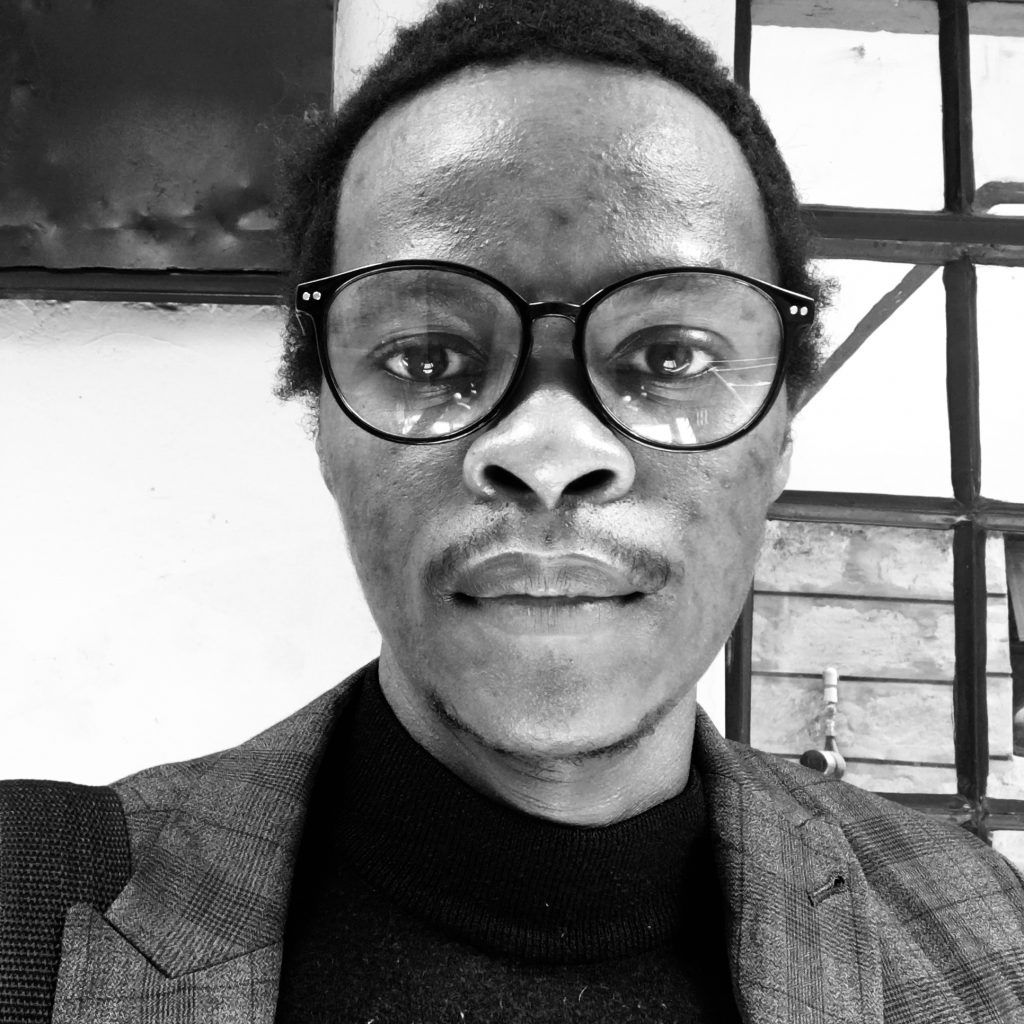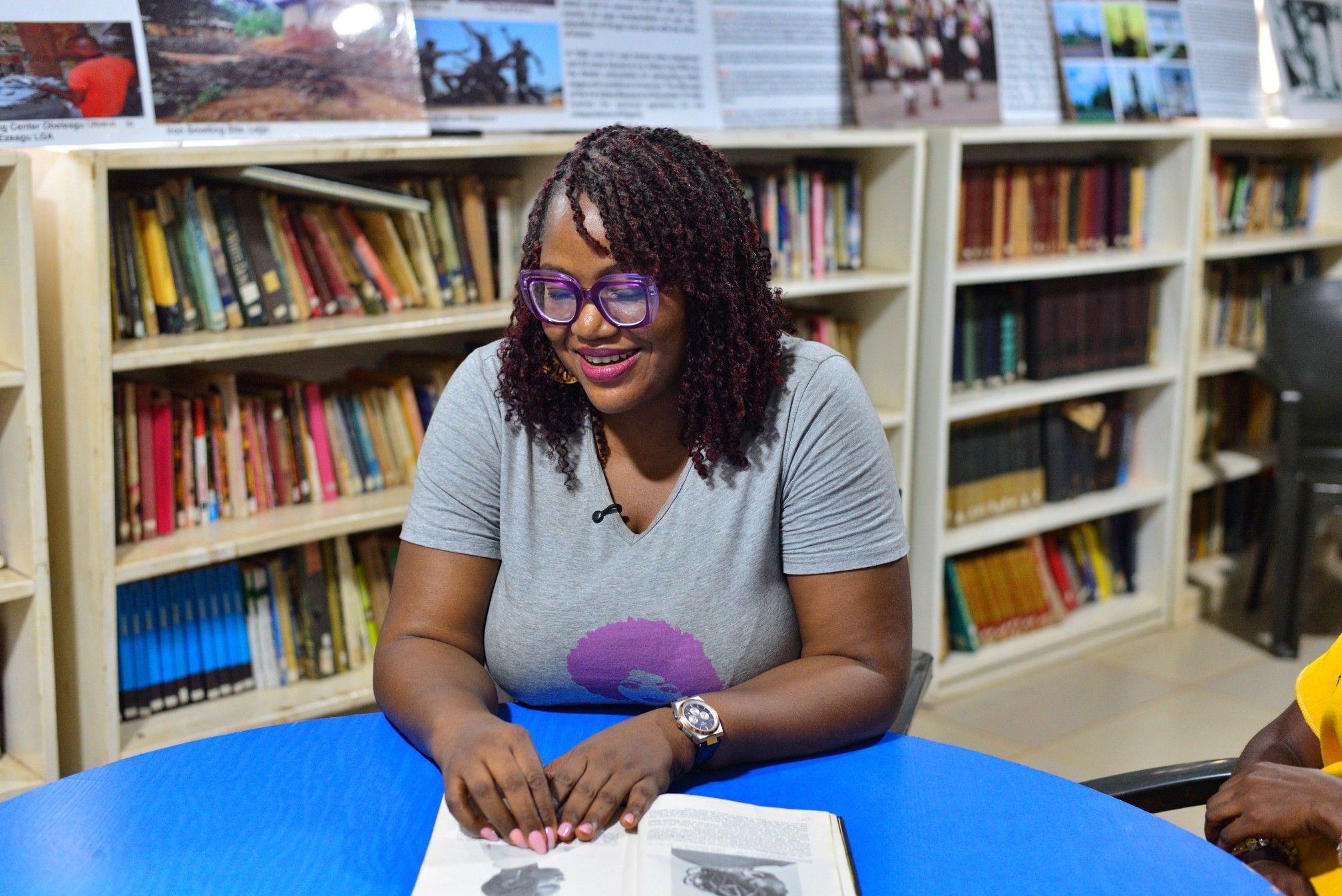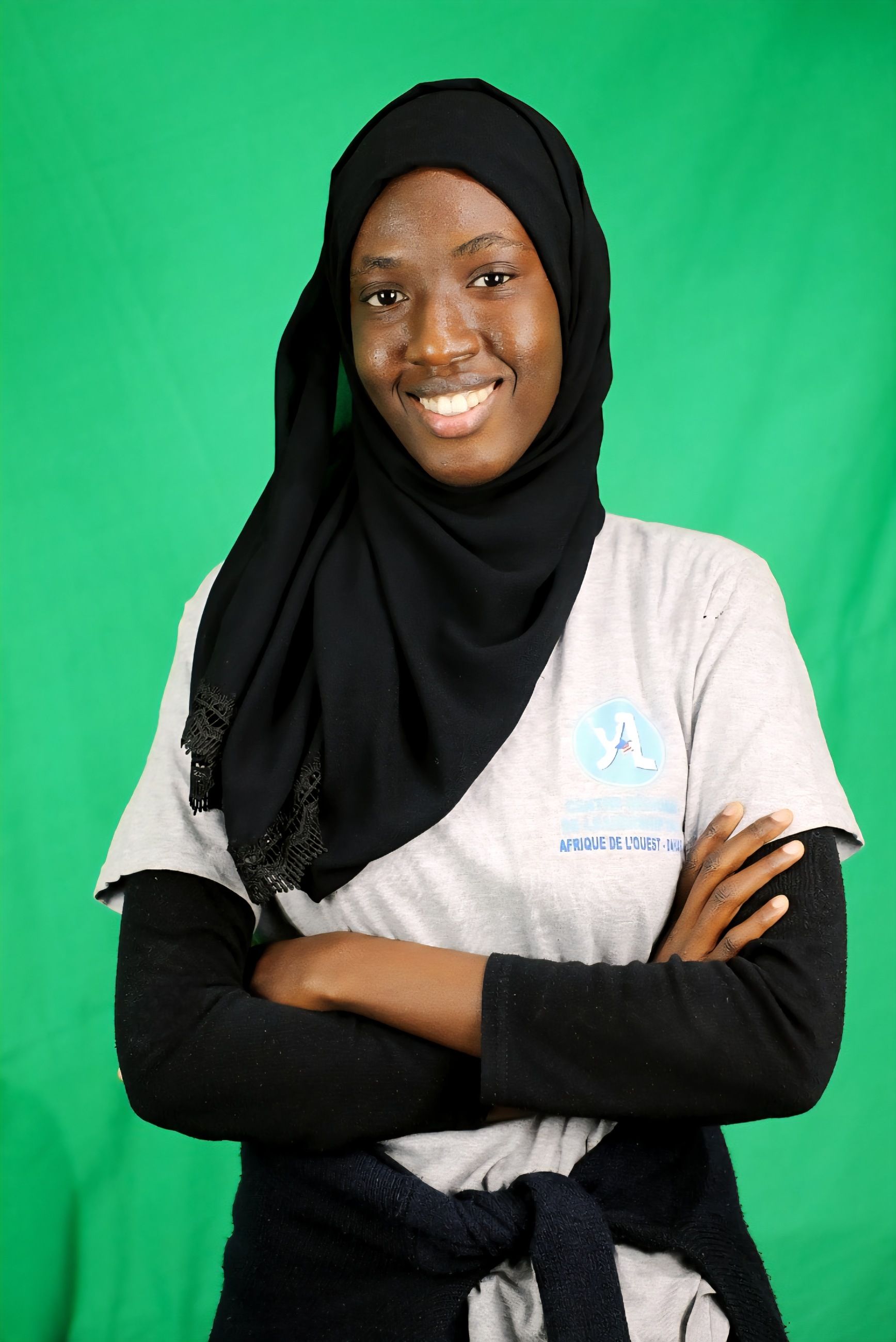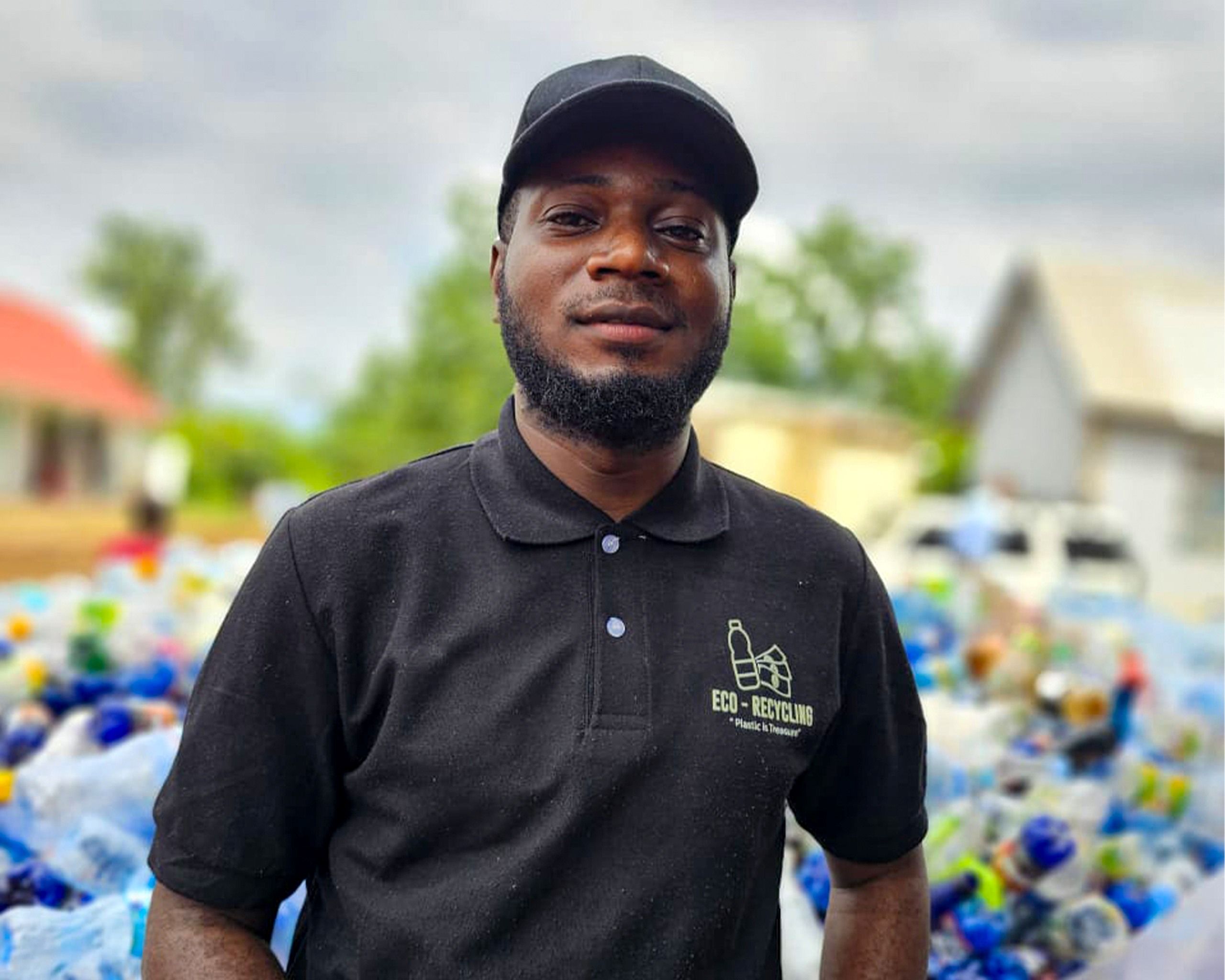At an average of eight thousand shillings, the cost of sickle cell screening is forbiddingly high in Kenya. This makes it inaccessible to many in dire need. However, a group of young people has decided to change the narrative. Their aim is to give as many Kenyans as are in need, an opportunity to get screened for early interventions. The A104 Cycling Club, a group of twenty cyclists, partnered with Sickle Cell Awareness Foundation-Kenya (SCAF-Kenya) in November 2021. They intend to create awareness on sickle cell disease and raise funds to acquire a screening machine.
The cycling trip began at Regen Shopping Centre, about six kilometres from Kikuyu Town at midnight on November 5, 2021, and ended at 9:00 AM on November 6, 2021. They covered a distance of about 505 kilometres. Sixteen cyclists made it to the destination at Changamwe in Mombasa. The cyclists, together with SCAF-Kenya, raised funds to buy a Hemex Gazel machine for sickle cell disease screening at a price of 250,000 thousand shillings.
Tracy Achieng’ is one of the lead campaigners creating awareness of sickle cell disease. She is a lawyer focusing on data privacy. Tracy is also a distinguished digital marketer and a sickle cell warrior. She says that her purpose is to help other sickle cell warriors lead productive and quality lives through engaging in positive mental, physical and emotional health. She spoke to Muchira Gachenge about her experience living with sickle cell, and her work in creating awareness.
How has life with sickle cell shaped your identity?
I have become a more formidable character, having come to terms with my condition and choosing to lead a healthy and quality life.
Talk to me about your lifestyle: what you can and cannot do as informed by sickle cell condition.
I am confident that I can do anything. However, I do things moderately and always stay conscious of my health.
What support have you needed and received to lead a positive and wholesome life?
As you’d expect, I have required medical attention many times. I have been admitted to the hospital many times, and each time, my parents have been there for me.
At one point, three weeks before I sat for my Kenya Certificate of Secondary Exam (KCSE), I had my gallbladder removed. Although it was a tough experience getting back to routine, I did not struggle as my parents were there for me, offering their unequalled love and care.
My mother has always ensured that I take a balanced diet and the prescribed medication. My father, on his part, offers financial support and had me covered under his medical insurance. That comes in handy whenever I need medical care which is usually expensive.
What efforts are you making to create awareness regarding sickle cell?
Every year, I do a project to help in creating awareness about sickle cell anaemia. In 2020, I produced a video biography of a dancer, Brenda Akoth, who is a sickle cell warrior, on how the condition has affected her life and relationships.
In 2021, I partnered with A104 Cycling Club and SCAF-Kenya, an NGO that focuses on supporting people living with sickle cell disease in Kenya. We cycled from Nairobi to Mombasa, with the aim of creating intercounty awareness of the disease. The funds we raised were enough to purchase a screening machine.
We are open to donations and partnerships from individuals and corporations that would like to support our cause of making it possible for a majority of Kenyans to access sickle cell screening.
How did the cycling project culminate?
We raised funds and purchased a machine, which was left at the SCAF-Kenya offices in Changamwe, Mombasa. The initial idea was to hand it over to Coast General Hospital. However, that wasn’t to be, given the need to have a professional handling the machine, one who could not be immediately hired. We also purchased a laptop for use in the process of screening. What we are now seeking to purchase is the printer. We are now looking to launch the programme at the SCAF-Kenya offices in Changamwe, and make the services available to the citizens at an affordable cost of about 400 shillings.
Do you have plans to cycle for a similar cause in the future?
Yes. The goal is to acquire screening machines in as many counties as possible. After launching the Coast services, our goal is to find partners and cycle to Kisumu. We are hoping to raise more funds and purchase one that can be used by people from Kisumu County and those who can get there.
And why is screening for sickle cell significant?
Screening for sickle cell disease is important in many ways. If a couple planning on conceiving gets screened, they can learn if there is a likelihood of getting a child with sickle cell disease. This will inform planning ahead on treatment and early interventions.
Screening is also important in helping eradicate the stigma around sickle cell disease. There are people who culturally believe that the disease is a curse on the person suffering from it. As such, they are reluctant to seek treatment and that afflicts the sick even further. Screening helps inform the treatment decisions and improves the lives of people in society.
You are also a travel enthusiast. What do your excursions look like?
I love travelling as I get to see the world in different places and get to experience different cultures and practices. They are refreshing. I organize my travels in such a way that I get enough rest in between activities. This I do by ensuring I pack my painkillers to quell pain or manage headaches which are sometimes common. I also pack my daily dose of folic acid, enough water, and glutamine to help rejuvenate and prevent crisis episodes.
What key lesson(s) about life and living has living with Sickle Cell Disease taught you?
I have learnt that life is a precious gift. We all should find ways of enjoying it without inhibiting ourselves. Allow yourself to be happy.
Final words?
In the world we are living today, we have many conditions and many specially-abled persons. It is the initiative of everyone to learn about the conditions, create awareness and also create a more inclusive environment for all. People should also be empathetic, offer support whenever it is needed by others and when they can, to make life liveable and better for all.
***
Editor’s note: If you would like to support Tracy Achieng’ in her bid to create sickle cell awareness, you may contact her via: trcydigitalsolutions@gmail.com or 0711135388.
You will also love: Thrombosis: Why Early Identification and Treatment Are Vital for the Different Types





